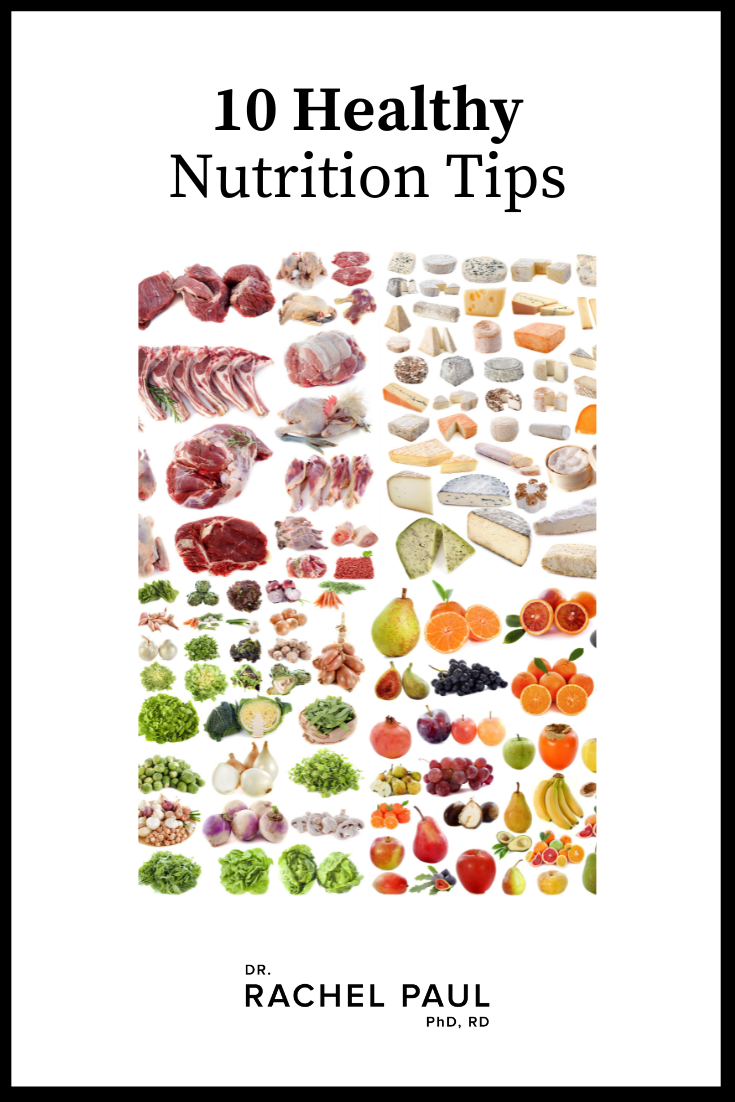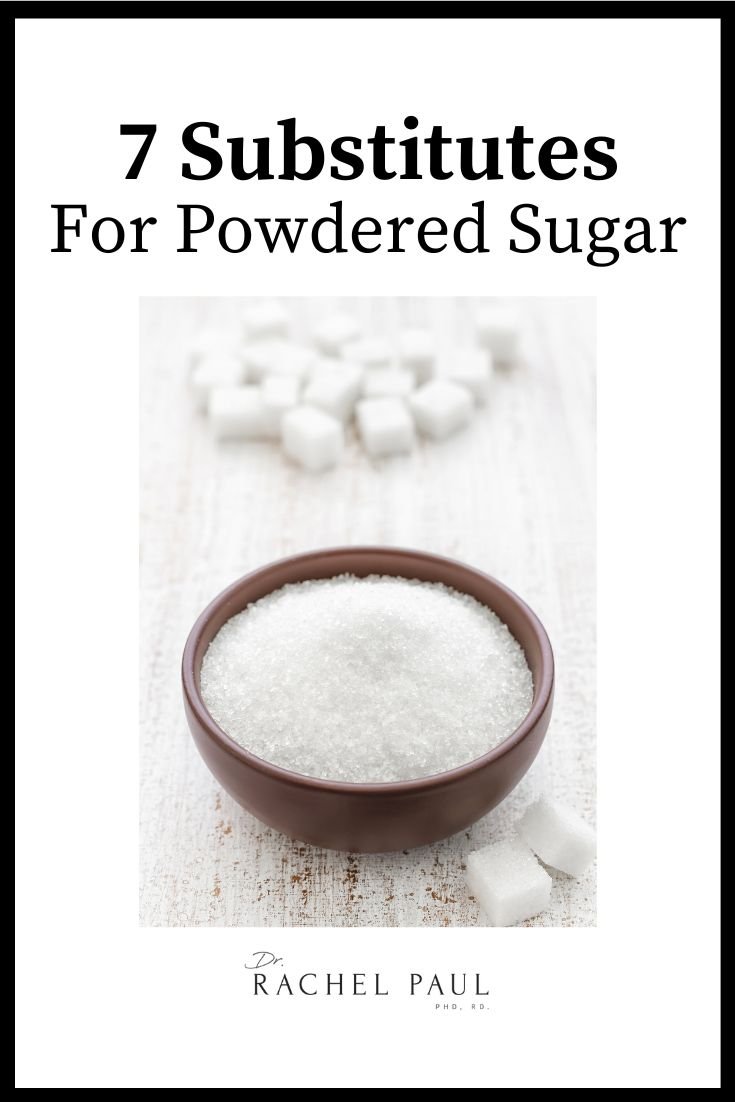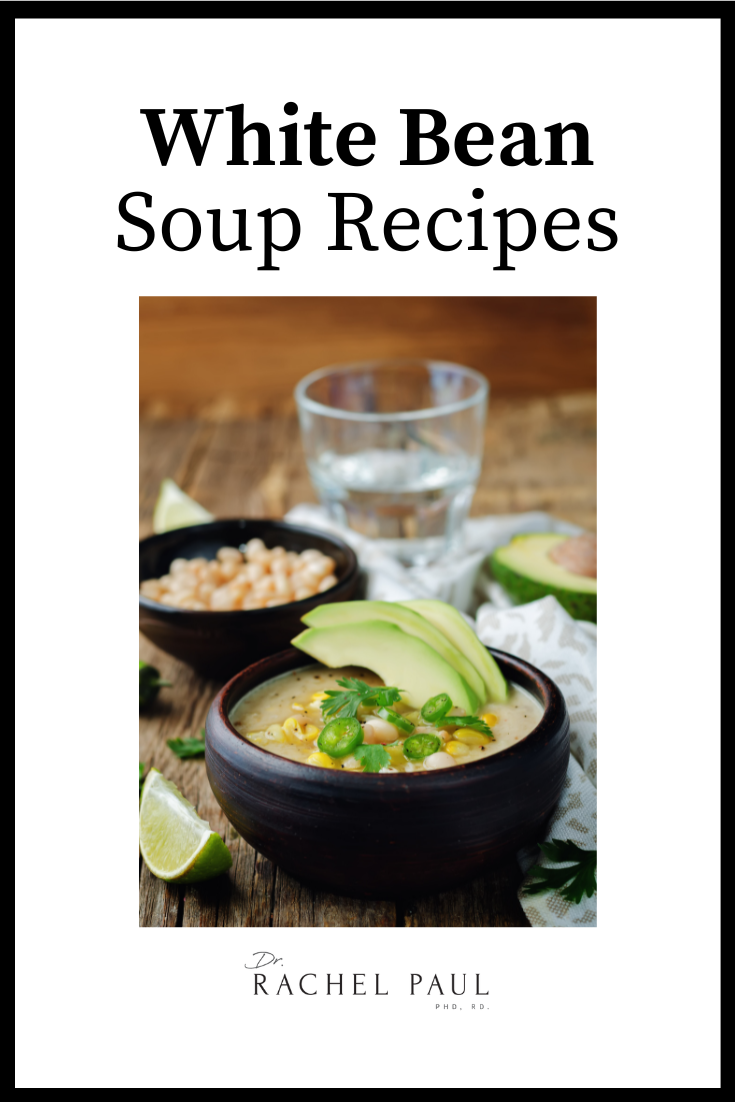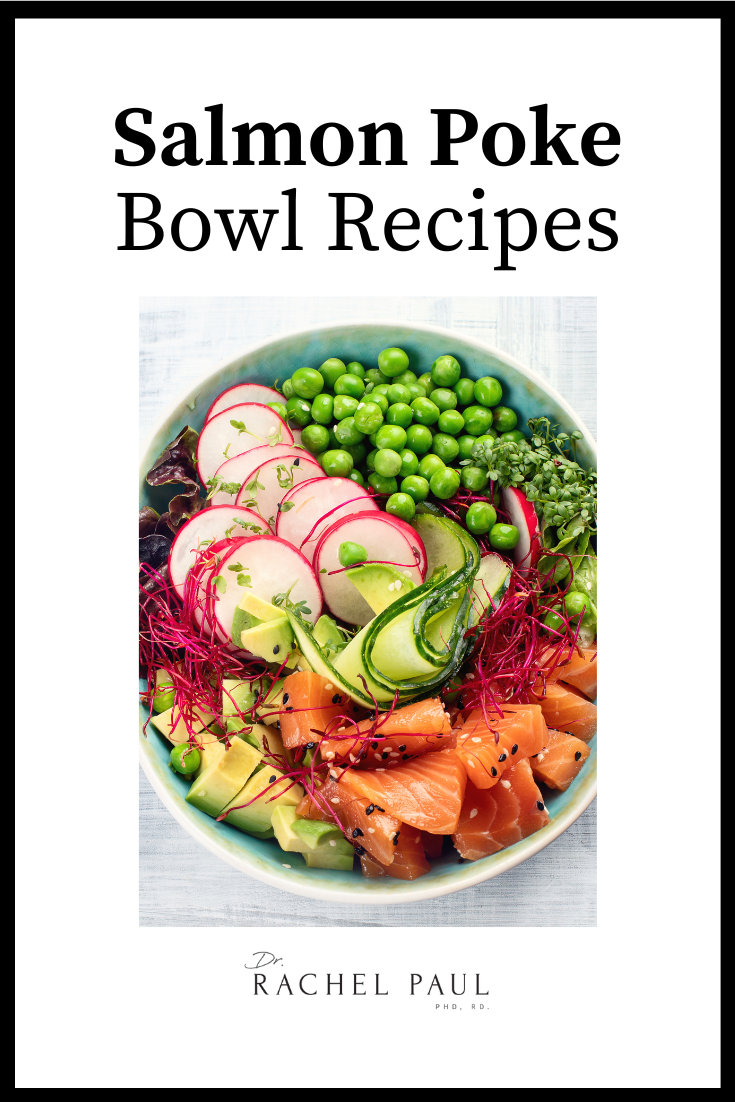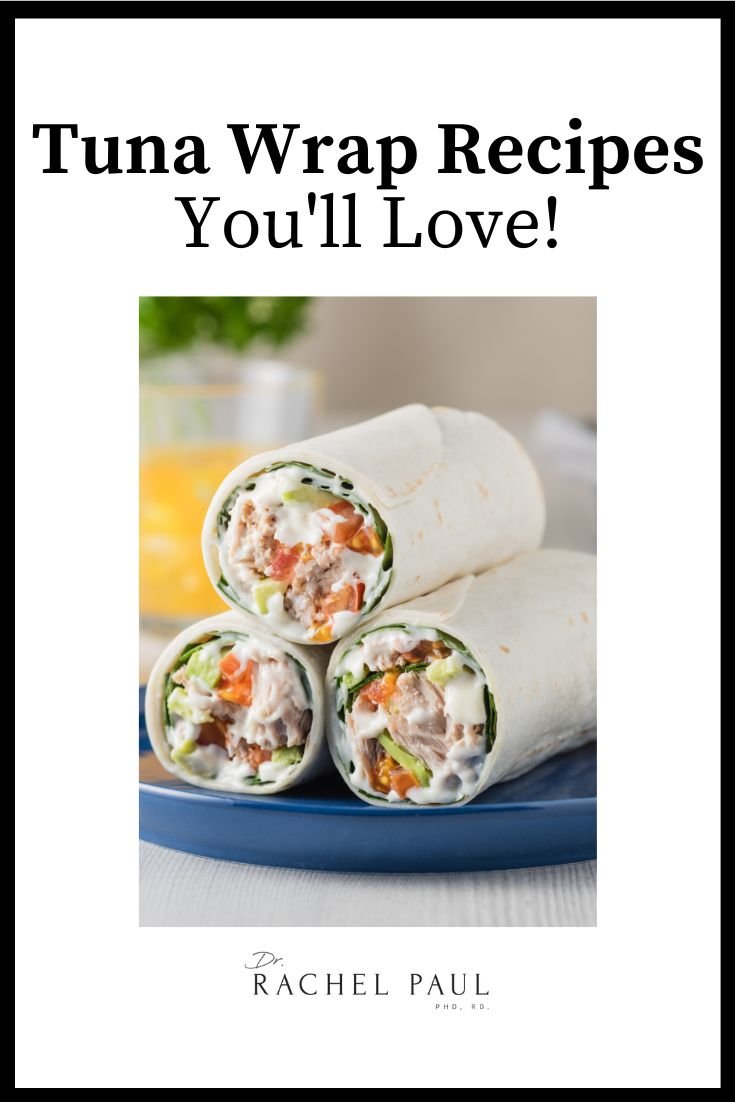Nutrition plays an important role in a person’s overall health and wellness.
What you eat can significantly impact your health, longevity, mood, productivity, mental alertness, etc.
With the amount of nutrition information, eating trends, and popular ingredients available today, it can be difficult to know which ones are really helpful.
That’s why I’m sharing a roundup of healthy nutrition tips coming from a registered dietitian.
10 Healthy Nutrition Tips
Eat more fruits and vegetables
Every healthy diet includes lots of fruits and vegetables. That’s probably the most important part of it, as they have tons of health benefits.
Fruits and vegetables are not only low in calories (which makes them great for weight loss), but they also have tons of nutrients in them that your body needs in order to be healthy.
Here are some easy tips for adding more fruits and veggies into your diet:
-
make fruit & veggie smoothies
-
add fruit to your oatmeal
-
add veggies to your pasta sauces to hide the flavor while still getting the nutrition (even though there’s no reason to hide the flavor as they can be super delicious if seasoned and prepared well!)
-
add veggies as sides to your lean protein
-
make healthy desserts with fruit
-
drink freshly squeezed fruit juices
Loaded Veggie Soup
374 calories
Ingredients:
-
6 oz Chicken breast, boneless, skinless, raw – 190 calories
-
1 Zucchini, medium – 33 calories
-
½ Onion, yellow – 27.5 calories
-
1 Carrots, whole, medium – 25 calories
-
½ cup Celery stalks, chopped in half – 8 calories
-
½ cup Canned, diced tomatoes – 25 calories
-
1 cup Broth, vegetable (cups) – 15 calories
-
2 Tbsp Cheese, Parmesan, grated (Tbsp) – 50 calories
-
1 Basil, dash – 0 calories
-
1 Oregano, dash – 0 calories
-
1 tsp Red pepper flakes, dash – 0 calories
Instructions:
-
This recipe works best when making 2-3 servings at once.
-
Cut chicken breast into bite-size pieces. Dice celery, carrots, and onion. Chop zucchini into small pieces.
-
Spray the bottom of a pot with an oil spray, cook chicken for ~5 minutes on low heat, stirring occasionally.
-
Add in celery, carrot, onion, and spices for another ~8 minutes, until fragrant (you’ll know!).
-
Add in broth, diced tomatoes, and zucchini.
-
Simmer for ~10 minutes on low heat, or until desired temperature.
-
Pour into a bowl, top with seasoning and Parmesan.
-
No dairy? Use oil instead of the oil spray. No chicken? Use tofu or beans.
Now to help you an idea of how to make a delicious recipe with veggies, here is a delicious veggie-filled recipe for you to try:
Eat all food groups
Your body needs all food groups in order to function well, so make sure you pay attention to your meal plans, so you include enough of everything.
For a good source of protein, go with chicken, beef, turkey, fish, seafood, etc. If you’re plant-based, go with chickpeas or tofu.
For fiber, eat all vegetables.
For healthy carbs, go with brown rice, quinoa, sweet potatoes, etc.
For healthy fats, eat avocados, nuts, olive oil, etc.
Get rid of junk food or fast food
This is probably obvious, but junk food and fast food aren’t really nutritious. They’re full of saturated fats, ultra-processed foods, and everything that your body does NOT need. Eating too much of those foods increases the risk of heart disease, high blood pressure, etc.
Make healthy swaps
An easy way to start thinking about healthy eating, is to make healthy swaps. Instead of non-nutritious foods, choose foods that are similar in taste or texture, but much more nutritious.
For example, instead of deep-fried french fries as a side, go with baked sweet potato fries. Instead of soda, drink fresh orange juice. Instead of potato chips, eat veggie chips. Instead of fried chicken, eat baked or grilled chicken.
There are so many easy swaps you can make that are not only great for losing weight, but for your health as well.
Drink lots of water
This isn’t really about nutrition, but when you’re trying to live a healthy lifestyle and have a healthy diet, drinking lots of water is an absolute must. You have to remember to drink water all the time, even when you’re not thirsty.
If you tend to forget, and then realize at the end of the day you barely drank any water, try setting reminders on your phone to remind you to drink water throughout the day. Or buy large water bottles, take them everywhere with you, and make sure you drink the whole bottle (or even two bottles, depending on the size). There are also some apps you can download to your phone that remind you to drink water every hour or so, which might be worth checking out if you tend to forget.
Eat unprocessed foods
Processed foods usually have many added things to them which are bad for your health.
While something might seem healthy, if it’s heavily processed, it’s probably not the best for you.
So, eat fruits, veggies, legumes, nuts, lean meat and fish, herbs, etc. Those aren’t processed, and they’re good for you.
Don’t skip breakfast
You know what they say, breakfast is the most important meal of the day.
But that’s not just a saying – that’s a fact. It gives you the energy and nutrients your body needs for the day, and it can impact how you feel throughout the whole day.
So, choose a good, nutritious breakfast, that will give you energy and keep you full until lunch.
Eggs are always a good choice – they’re filled with protein, and can be prepared in tons of ways. Plus, they go great with veggies, which are also important to have in your breakfast.
Cut down on saturated fat
Saturated fat is very bad for your heart health, which is why you want to cut it down to the minimum.
Foods with saturated fat are junk food, fast food, butter, cakes, fatty parts of meat, bacon, etc.
Think about vitamins and minerals
As we already covered, you need to eat lots of fruits and veggies because they’re nutritious and full of vitamins and minerals.
However, it’s important you actually figure out what fruit or vegetable has what vitamin or mineral, so you can see if you’re getting enough of all of the necessary vitamins and minerals. If you’re not getting enough of some of them, you can take supplements on top of your healthy diet.
Eat healthy fats
Many people think that all foods with higher fat content are bad for you. However, unlike saturated fats, healthy fats are actually food for you, and your body needs them.
That’s why you shouldn’t be afraid of putting some olive oil on your salad, or eating avocados with your eggs or in a salad. Those full-fat foods are also not processed, which is another bonus, as some foods with less fat might be processed and have other bad stuff added.
Good sources of healthy fats are avocados, all nuts, olive oil, vegetable oils, dark chocolate, eggs, coconut oil, etc.
